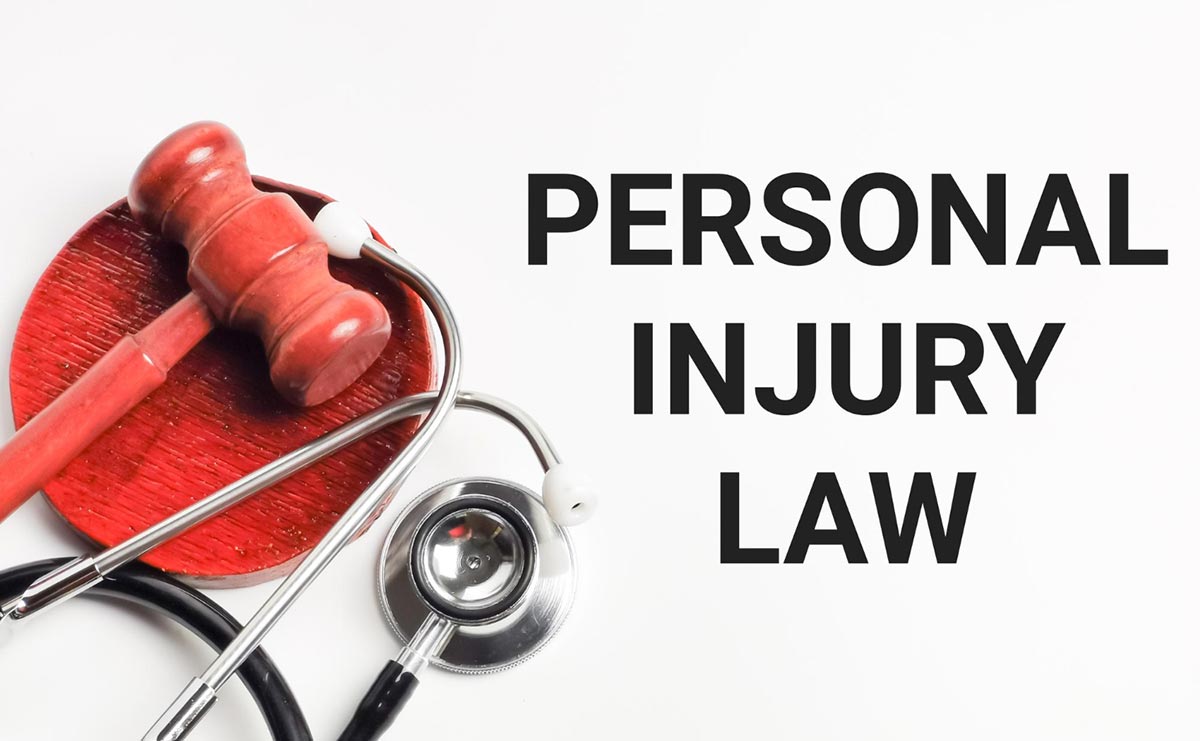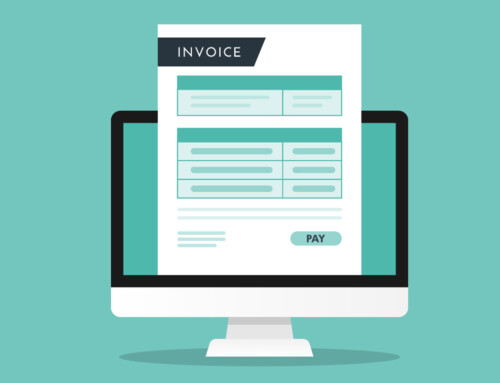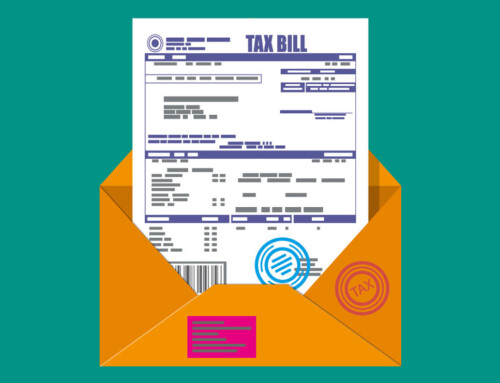Contents
Essential Personal Injury Terms for Legal Professionals
Understanding personal injury terms in law is primary for legal professionals who wish to navigate cases efficiently. Personal injury cases often involve complex legal jargon, which can be overwhelming for those unfamiliar with the field.
Here are some commonly legal terms used for personal injury that are often encountered in legal contexts:
- Negligence: The failure to exercise the level of care that a reasonable person would in similar circumstances, leading to harm or injury to another person.
- Liability: Legal responsibility for one’s actions or omissions. In personal injury cases, this often refers to the party responsible for causing the injury.
- Damages: Compensation claimed by a person who has suffered loss or injury. Damages can be economic (medical bills, lost wages) or non-economic (pain and suffering).
- Plaintiff: The person who brings a lawsuit against another in a court of law. In personal injury cases, this is usually the injured party.
- Defendant: The person, company, or entity being sued by the plaintiff in a personal injury case.
- Tort: A civil wrong, other than breach of contract, that causes harm or loss, resulting in legal liability. Personal injury law primarily deals with torts.
- Settlement: An agreement between the plaintiff and defendant to resolve the case without going to trial, often involving payment of compensation.
- Statute of Limitations: The time limit within which a personal injury lawsuit must be filed. This varies by jurisdiction and type of injury.
- Comparative Negligence: A legal doctrine that reduces the plaintiff’s damages award by the percentage of fault assigned to them.
- Contributory Negligence: A legal defense that may bar a plaintiff from recovering any damages if they are found to be at fault to any degree for their injury.
- Personal Injury Protection (PIP): A type of insurance coverage that pays for medical expenses and lost wages regardless of who is at fault in an accident.
- Wrongful Death: A legal term for a claim against a person or entity for causing someone’s death through negligence or intentional harm.
- Product Liability: The legal responsibility of manufacturers and sellers for injuries caused by defective products.
- Medical Malpractice: A type of personal injury case involving negligence by a healthcare provider that results in injury or harm to a patient.
- Pre-existing Condition: A medical condition that existed before the injury occurred, which can complicate personal injury claims.
- Contingency Fee: A payment arrangement where an attorney agrees to represent the client with the fee being a percentage of the compensation awarded, only payable if the case is won.
- Punitive Damages: Damages awarded in addition to actual damages when the defendant’s behavior is found to be especially harmful, intended to punish and deter future misconduct.
- Pain and Suffering: Non-economic damages awarded for the physical and emotional distress caused by an injury.
- Loss of Consortium: Compensation to a spouse or family member for the loss of companionship and other relational benefits due to an injury.
- Catastrophic Injury: A severe injury that results in long-term or permanent disability, disfigurement, or loss of function.
Maximize Efficiency in Personal Injury Cases Using RunSensible
RunSensible is designed to streamline the operations of personal injury law firms. It offers customizable intake forms, automated communications, and seamless calendar integration to manage client interactions and case details efficiently. With features like custom reminders, document storage, and virtual receptionist integration, RunSensible enhances your practice by ensuring deadlines are met, documents are securely handled, and client communication is effortless.
Moreover, RunSensible is fully compliant with GDPR, HIPAA, and PIPEDA regulations, offering you peace of mind when it comes to data security and privacy. These tools help personal injury lawyers focus on delivering the best outcomes for their clients, reducing stress and saving time.
Conclusion
As a personal injury lawyer, you are dedicated to guiding clients through the claims process as they work toward recovery. RunSensible offers customizable intake forms that are tailored to your different types of personal injury cases, including workplace injuries, automobile accidents, and medical malpractice cases. You can provide personal injury clients with the ease and convenience of completing the intake process from the comfort of their own homes using online intake and e-signatures. RunSensible helps deliver a personalized touch with automated communications for new personal injury clients and specifies the frequency of updates and billing procedures to manage expectations effectively.
Disclaimer: The content provided on this blog is for informational purposes only and does not constitute legal, financial, or professional advice.







